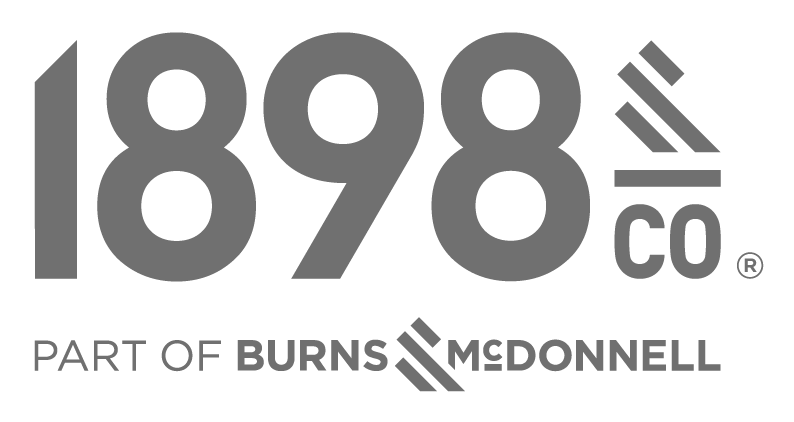Implementing new software can increase productivity, save time and simplify employees’ workflow. However, without a comprehensive plan, such implementations can be daunting and lead to complications and additional expenses. It is not uncommon for projects like these to be delivered late or over budget.
Oracle Primavera Unifier is a robust solution for managing, planning and executing projects, programs, portfolios and resources at each stage of the life cycle. It can be applied to different types and sizes of programs and projects by companies of any size. Unifier offers predictability, improved financial control and operational efficiency. Here are three considerations to speed up your Unifier implementation.
Planning
Without a clear plan, software implementation can disrupt your transformation strategy and impact productivity. A strong delivery and governance model will serve as a foundation for creating a repeatable implementation process that can be used both during implementation and beyond (if new features are needed). Understanding what Unifier can do will help you anticipate employees’ needs, select the right project team and more. Strong communication among the project teams, designers, subject matter experts, managers, other stakeholders and the vendor will help all understand expectations regarding the software during the planning process. Identifying deliverables and milestones during the planning stage will significantly boost your ability to meet project requirements, reduce common implementation challenges and, ultimately, serve your clients.
Assessing Configurations
For project management, Unifier is a flexible tool that allows users to configure and design many features. Investing some time in assessing the configuration possibilities will speed up your implementation cycle. If new business processes need to be designed, those processes must be completed prior to software configuration. Replicate that functionality in Unifier as a foundation for your processes. Use focused discovery and gap analysis, then iterate. Focus on design that captures 80% of the value with 20% of the effort. Do not add more work through unnecessary data or workflows. This has the advantage of providing a solution at a significantly lower cost while setting the stage for future enhancements within Unifier.
When looking to move a process, whether from a spreadsheet, another system or combination, to Unifier, if the process is not well-defined to begin with, there will be detrimental effects to the end product. Either Unifier will be viewed as the solution to solving a process problem resulting in an overcomplicated or broken design. Or the users will not accept the Unifier portion of the process because design does not fit how everyone else interpreted the overall process.
Change Management
Change is adopted faster when users understand what they are supposed to do. Provide adequate training on different functions within Unifier and highlight the benefits in terms of productivity, efficiency, process simplification and more. Organizational change management (OCM) is essential to a great implementation and adoption. Using a combination of OCM tools, standardized processes and formalized training will help you keep the implementation on track. A variety of methods and tactics can be used to provide internal stakeholders with a practical understanding of what is changing, why the change is important to both individual and organizational success, and how to access the knowledge transfer and training necessary to carry out the change. After designing your processes, it is important to create user guides and standard operating procedures, so users have readily accessible references when they have queries while using Unifier.
A lot goes into setting up Unifier. It is a big task that requires detailed planning at each stage. Evaluating your requirements and the operational benefits of different functions of Unifier, providing continuous training with step-by-step guidance, and assessing the team’s knowledge of the tool at regular intervals will accelerate your implementation cycle.
Learn more about Oracle Primavera technology solutions for project management, cost management, workflow, reporting and more.




